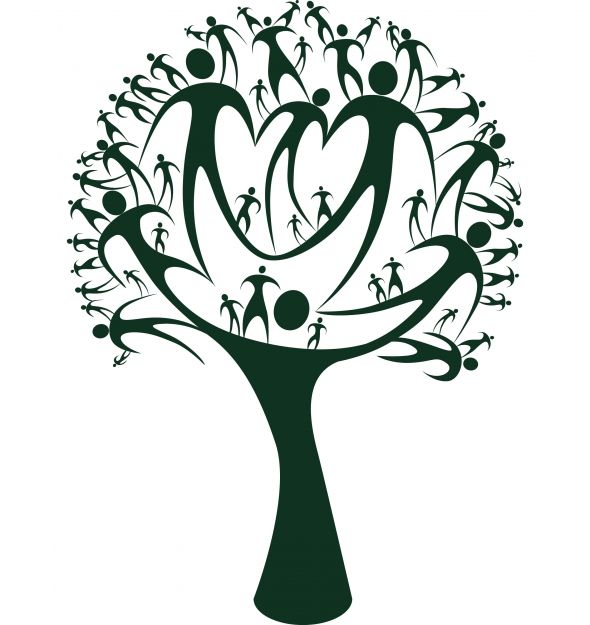Tag: adopted from Sri Lanka
-
Searching in Intercountry Adoption by Adoptee Experts
ICAV presents a webinar on Searching on 23 April 2023 from lived experience and those who provide a formal search and support service.
-
Confronting my greatest fear led to my best discovery!
Sharinda shares her emotional journey this year in discovering her Sri Lankan mother is alive and eager to meet her. Sharinda will film this in a documentary.
-
I Lost My Mother Twice
by Linzi Ibrahim adopted from Sri Lanka to Australia, founder of Sri Lankan Adoptees. I miss you every day but most of all today. The pain never fades. You were taken from me twice, I have grieved you twice. You lived the hardest life and still managed to be the most incredible human. You were…
-
Dualities
Artwork by Dilsah, adopted from Sri Lanka to Switzerland. She explores the duality of the adoptee experience.
-
Little Question
by Pradeep adopted from Sri Lanka to Belgium, Founder of Empreintes Vivantes. Have you already made an appointment with yourself? I remember having to forge myself, like many adoptees! Forge my own personality without any stable benchmarks and this mainly due to the absence of biological parents. Indeed, children who live with their biological parents…
